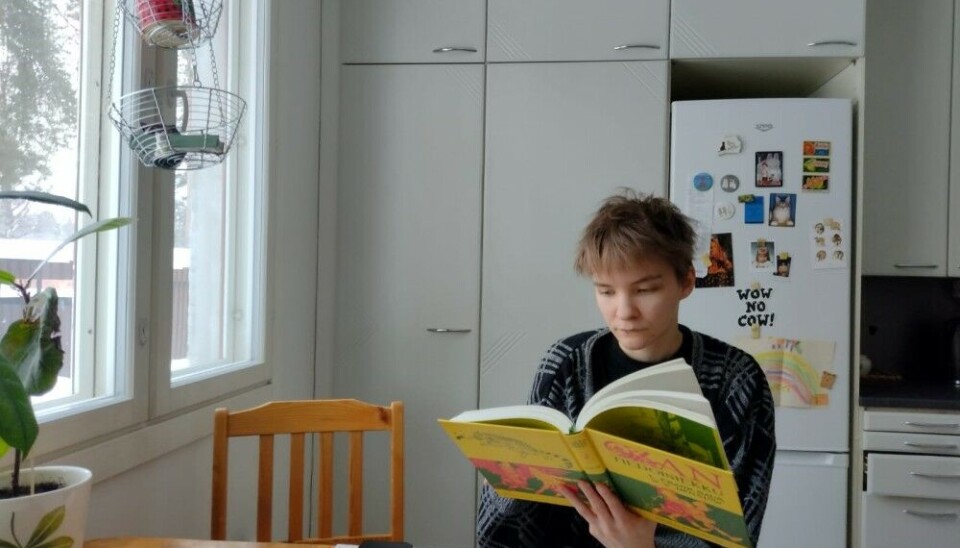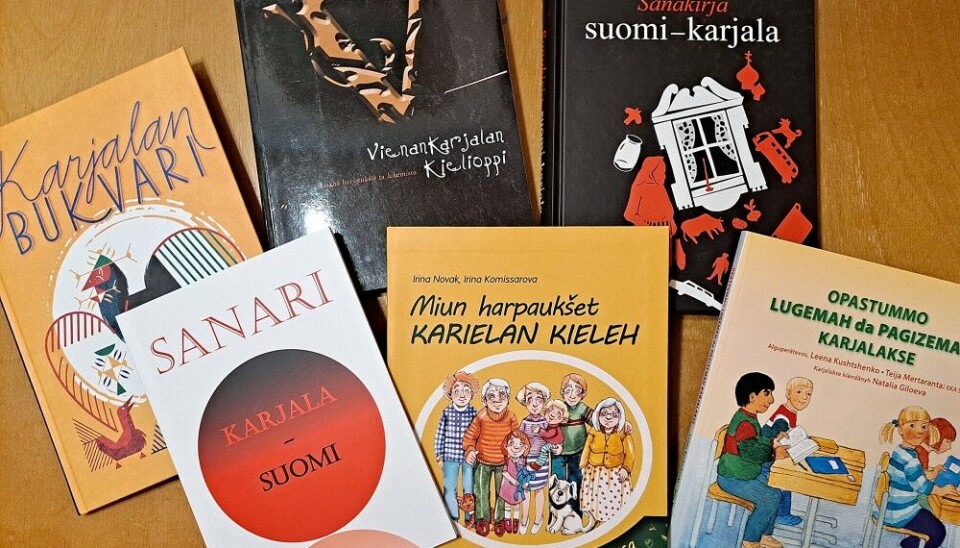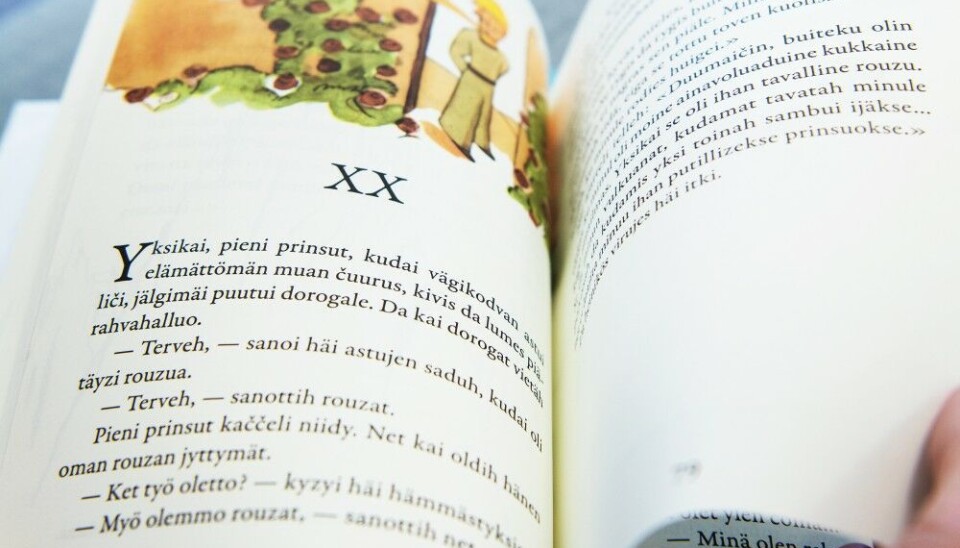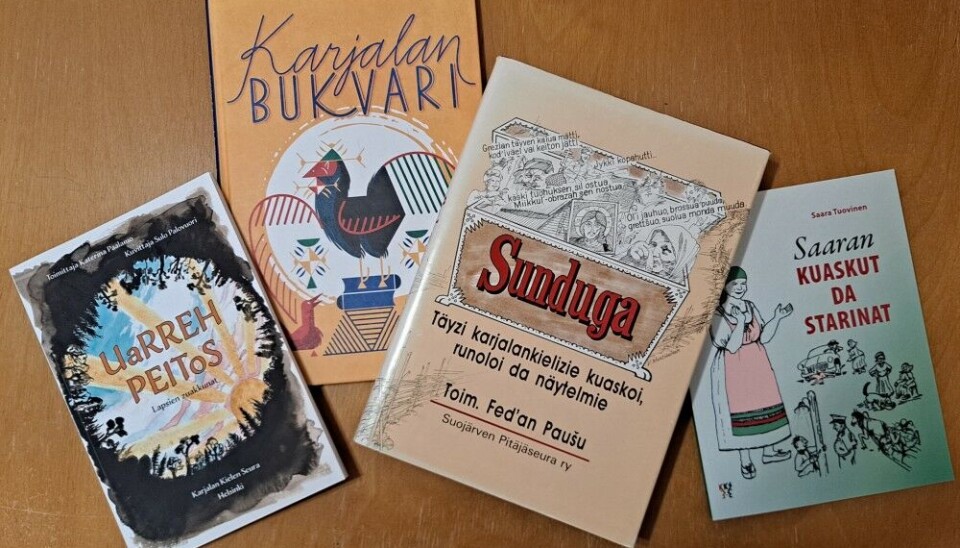
"Young generations are waking up. They are worried as they realize something important could be gone". Karelian language revival project gets more funding in Finland.
As the new academic year begins in autumn, the University of Eastern Finland has received more funding from the Ministry of Education and Culture of Finland to continue the Karelian language revitalization project.
“We have a huge responsibility on our shoulders as this is all about part of the population, whose language and culture is at the risk of disappearing, - Karelian language and culture professor Helka Riionheimo, who is in charge of the project, told journalists. - Our goal is to support and revive the language, so that the Karelian speaking Karelians still exist, those, who know their roots and culture”.
The Karelian language is spoken by the Finnic ethnic group in Northwestern Russia and Eastern Finland. The language is closely related to Finnish language and the number of its speakers on both sides of the border varies today by around a few thousand people.

“Everyone sees the world through their language. When the language disappears, the whole culture and history of the people disappear as well”, Olga Karlova, the Karelian language teacher from the University of Eastern Finland told The Barents Observer.
Olga was born in the Russian part of Karelia, but has been living in Finland for 10 years. When Olga’s son, who just recently went to school, was born, she and her husband started to speak at home Karelian.
“Lots depends on our habits, - Olga says. - Some of us do speak language but forget, that it can be used in daily life. We want to develop this habit of talking Karelian daily. In my close circle I have around twenty people with whom we communicate in Karelian only”, Olga Karlova told The Barents Observer.
The aim of the University’s project, which has been launched since 2020, is to keep developing a program to involve more and more young people in the process of learning.

“The language has faded out because there has been very little governmental support before, - the project coordinator Milla Tynnyrinen told The Barents Observer. - For many young people now there is an element of reclaiming something, they are taking back something they feel they should have learned as children,” Milla said, adding that based on their observation, while ten years ago Karelian language courses in Finland were attended mostly by older people, much more young join today. Milla points out that the next challenge is to keep young people involved with the language in daily life.
The teacher Olga Karlova explains the interest also by the fact that now young people feel that the opportunity to learn the language is slipping away:
“Young generations are waking up. They are worried as they realize something important could be gone. Now there is still an opportunity to learn the language as its speakers are still alive and they can hand over the knowledge to the next generations. We should hold on to this straw”, Olga told the Barents Observer.
Developing the habit of using the language in daily life will take some time, experts say. The turmoil of the XX century has put the survival of Karelian culture at risk.
“Karelian speakers were living in the most Eastern parts of Finland that had to be surrendered to the Soviet Union after WWII, - project coordinator Milla Tynnyrinen explains. - So the Karelians were evacuated to the Western and Central part of Finland, where everyone around spoke Finnish. To succeed in life you had to speak Finnish. Also although the Karelian language very much resembles the Finnish, for some local finns back then it reminded them of the Russian language. So there was suspicion towards Karelians and Karelian language was spoken within individual households only”.

Russia’s invasion of Ukraine had another negative impact on the Karelian revival program development. Academic cooperation with the Karelians in Russia is on hold now. The latest legislation of the University of Eastern Finland forbids its employees to collaborate with people who reside in Russia.
“It is sad. Karelians have always been in contact with each other over the border, - project coordinator Milla Tynnyrinen tells the Barents Observer. - But we just have to deal with the situation as it is now and focus on what we can do. We can’t lose hope. We hope for better times in the future”.
Olga Gokkoeva, the Karelian and entrepreneur, who has been involved in promoting and researching the Karelian culture for many years, sees a positive perspective for the Karelian language in Finland:














